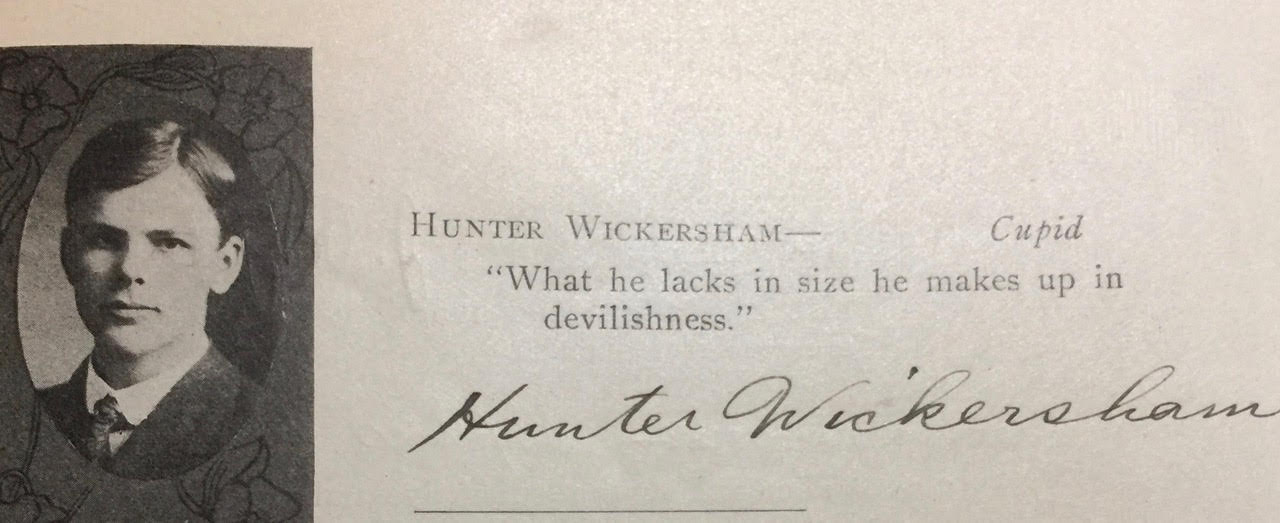Joseph Rudyard Kipling was born in Bombay, India on 30th December 1865. He began writing poetry at an early age while he was at the United Services College and his first collection was published privately in 1881. He joined his parents in India and worked as a journalist. In 1892, Kipling married Caroline Balestier, an American, and they lived in Vermont from 1892 until 1896 when they moved to Sussex, UK.
Kipling turned down the offer of the role of Poet Laureate, however, in 1907, he became the first English writer to be awarded the Nobel Prize in Literature.
In 1914, Rudyard Kipling was one of 53 leading British authors – a number that included H. G. Wells, Arthur Conan Doyle and Thomas Hardy – who signed their names to the "Authors' Declaration." This manifesto declared that the German invasion of Belgium had been a brutal crime, and that Britain "could not without dishonour have refused to take part in the present war."
Kipling wrote pamphlets and poems enthusiastically supporting the UK war aims of restoring Belgium, after it had been occupied by Germany, together with generalised statements that Britain was standing up for the cause of good. In September 1914, Kipling was asked by the government to write propaganda, an offer that he accepted. Kipling's pamphlets and stories were popular with the British people during the war, his major themes being to glorify the British military as the place for heroic men to be, while citing German atrocities against Belgian civilians and the stories of women brutalised by a horrific war unleashed by Germany, yet surviving and triumphing in spite of their suffering.
Kipling’s only son John Kipling (17 August 1897 – 27 September 1915), known as Jack, was killed
 |
| 2nd Lt. Jack Kipling |
Rudyard Kipling died on 18th January 1936.
My Boy Jack” (1915)
"Have you news of my boy Jack? "
Not this tide.
"When d'you think that he'll come back?"
Not with this wind blowing, and this tide.
"Has any one else had word of him?"
Not this tide.
For what is sunk will hardly swim,
Not with this wind blowing, and this tide.
"Oh, dear, what comfort can I find?"
None this tide,
Nor any tide,
Except he did not shame his kind---
Not even with that wind blowing, and that tide.
Then hold your head up all the more,
This tide,
And every tide;
Because he was the son you bore,
And gave to that wind blowing and that tide!
Rudyard Kipling’s entry in Catherine W. Reilly’s “English Poetry of the First World War: A Bibliography” runs into three pages – from 188 to 191 and his poems were included in 24 WW1 anthologies.
“THE CHOICE”
THE AMERICAN SPIRIT SPEAKS:
To the Judge of Right and Wrong
With Whom fulfillment lies
Our purpose and our power belong,
Our faith and sacrifice.
Let Freedom's land rejoice!
Our ancient bonds are riven;
Once more to us the eternal choice
Of good or ill is given.
Not at a little cost,
Hardly by prayer or tears,
Shall we recover the road we lost
In the drugged and doubting years,
But after the fires and the wrath,
But after searching and pain,
His Mercy opens us a path
To live with ourselves again.
In the Gates of Death rejoice!
We see and hold the good—
Bear witness, Earth, we have made our choice
For Freedom's brotherhood.
Then praise the Lord Most High
Whose Strength hath saved us whole,
Who bade us choose that the Flesh should die
And not the living Soul!
Rudyard Kipling
"FOR ALL WE HAVE AND ARE"
For all we have and are,
For all our children's fate,
Stand up and meet the war.
The Hun is at the gate!
Our world has passed away
In wantonness o'erthrown.
There is nothing left to-day
But steel and fire and stone.
Though all we knew depart,
The old commandments stand:
"In courage keep your heart,
In strength lift up your hand,"
Once more we hear the word
That sickened earth of old:
"No law except the sword
Unsheathed and uncontrolled,"
Once more it knits mankind.
Once more the nations go
To meet and break and bind
A crazed and driven foe.
Comfort, content, delight—
The ages' slow-bought gain—
They shrivelled in a night,
Only ourselves remain
To face the naked days
In silent fortitude,
Through perils and dismays
Renewed and re-renewed.
Though all we made depart,
The old commandments stand:
"In patience keep your heart,
In strength lift up your hand."
No easy hopes or lies
Shall bring us to our goal,
But iron sacrifice
Of body, will, and soul
There is but one task for all—
For each one life to give.
Who stands if freedom fall?
Who dies if England live?
Rudyard Kipling
From: A TREASURY OF WAR POETRY: BRITISH AND AMERICAN POEMS OF THE WORLD WAR 1914-1917 Edited, With Introduction And Notes, By
GEORGE HERBERT CLARKE Professor of English in the University of Tennessee (The Riverside Literature Series, Houghton, Mifflin)
https://www.gutenberg.org/ebooks/8820



